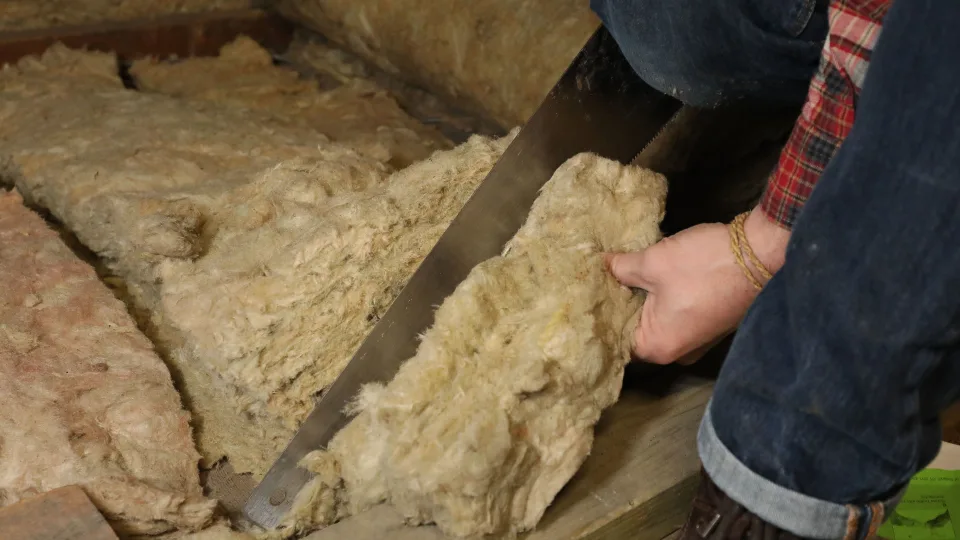The Government is on track to insulate just one sixth of the homes needed to meet its target of reducing energy consumption by 15%, according to a new analysis.
WWF UK and ScottishPower said there is a “substantial gap” emerging between what is on course to be delivered and what is needed to reach the Government’s target.
As well as five million more homes insulated by 2030, the analysis – carried out by Frontier Economics – estimates that 1.5 million homes will need heat pumps instead of gas boilers with a further 600,000 homes connected to low-carbon heat networks.
The Government has made £288 million available as part of its Green Heat Network Fund, which awards cash to those building systems that take heat from air, solar or geothermal energy and provide it to multiple homes, removing the need for individual gas boilers.
WWF and ScottishPower, who commissioned the report, said the Government needs to step up its plans and accelerate its delivery in order to reach more homes before the end of the decade.
The analysis comes after research from the two organisations found that homes made efficient and equipped with a range of low-carbon technologies such as solar panels and EV chargers could save up to £2,300 a year on their energy bills compared to those without.
Isabella O’Dowd, head of climate policy at WWF, said: “We know insulating homes protects consumers from high energy bills and we can’t wait until winter – summer is the time to fix the roof.
“With our homes accounting for 16% of the UK’s carbon emissions, the UK Government must act now and tell us how it will insulate the extra five million homes it needs to keep us on track to meet its green ambitions and drive down bills.
“Insulating millions more homes is vital for the Government to meet its energy efficiency target and could benefit households to the tune of hundreds of pounds every year.”
A House of Lords committee said in February that the Government’s Boiler Upgrade Scheme was failing because of a shortage of installers, lack of public awareness, high installation and maintenance costs and misleading messaging about the feasibility of hydrogen for home heating.
WWF and ScottishPower’s report also found that for a 20% reduction in energy consumption by 2030 – which they said was likely to be closer to the Climate Change Committee’s Net Zero Balanced Pathway – 5.4 million homes would require insulation, 1.4 million would need heat pumps and a further 1.4 million would have to be connected to shared heat networks.
Robert McGaughey, head of smart heat at ScottishPower, said: “We were pleased when the UK Government set a new target for reducing energy consumption from homes by 15% by the end of the decade – and this report from Frontier Economics highlights the scale of the task ahead.
“It shows that delivery needs speeding up and support scaling up. Planned polices need to come off the drawing board and be actioned, and some new policies are needed too.
“Accelerating action now to achieve this target will help more households to reduce their heating bills sooner.
“In all of this, there needs to be a strong focus on delivering a whole house approach to those on low incomes, combining insulation improvements with greener heating options such as efficient heat pumps.
“There is no time to waste in filling the gap and ScottishPower is ready to play its part.”
A Department for Energy Security and Net Zero spokesperson said: “The Government’s record on energy efficiency speaks for itself, with the proportion of homes in England with an EPC rating of C or above up from 14% in 2010 to 47% in 2022.
“Our Boiler Upgrade Scheme provides grants of up to £6,000 towards the upfront cost of installing a heat pump and we are fully confident we will meet our target of 600,000 heat pumps installations by 2028.
“What’s more, an additional 300,000 of the UK’s least energy efficient homes are in line for improvement under the new Great British Insulation Scheme, and we have committed £6.6 billion towards upgrades this parliament with a further £6 billion from 2025.”

